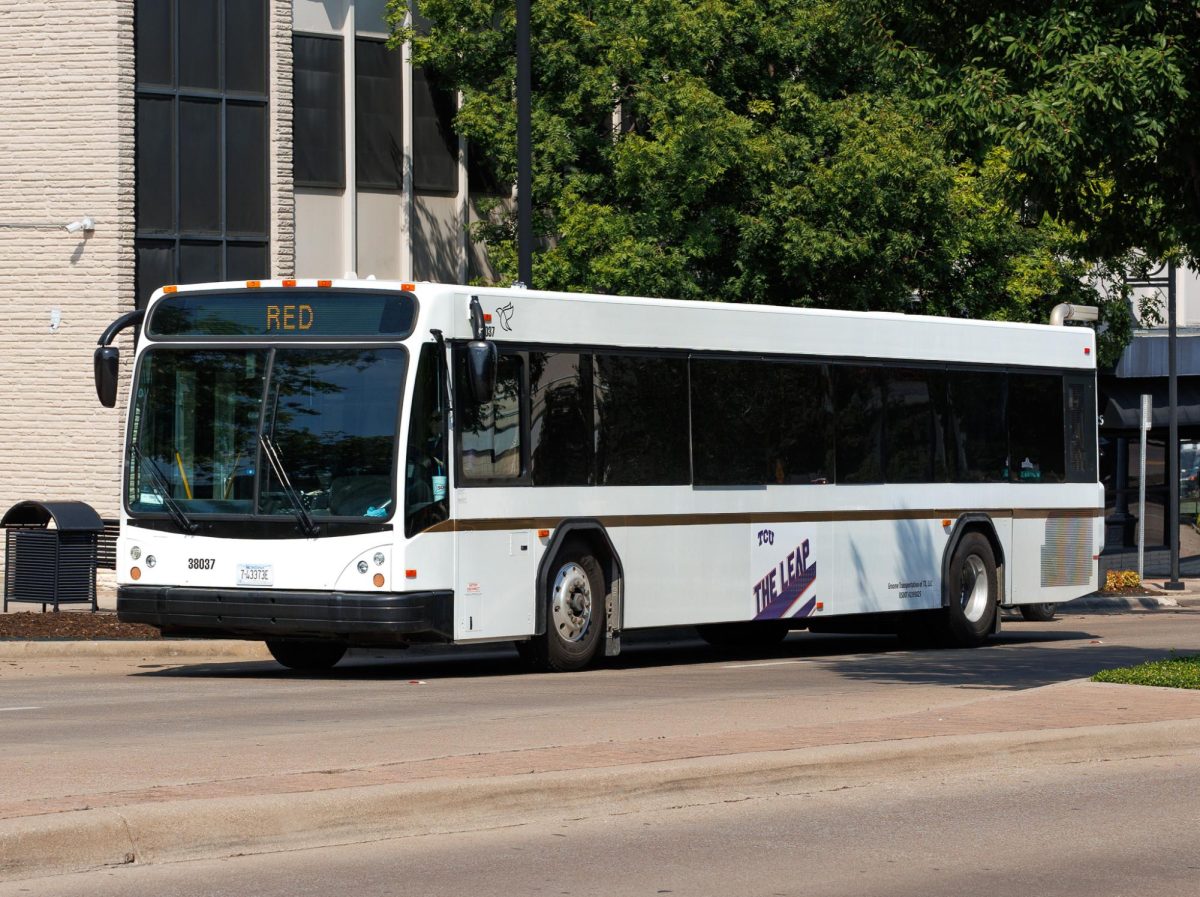During college, students have more pressing concerns than building good credit. However, shortly after graduation, credit can become a major issue.
Students should understand credit history and debt to avoid financial problems after graduation.
Some students think they can do no wrong by avoiding credit cards altogether, but this is not the case.
If an individual has never had a credit card, there would be little or no credit history for a lender to reference. This could be problematic when it came time for a graduate to buy a car or apply for a loan.
The most dependable way to establish credit is to get a credit card, but students must be responsible about it.
Many students get into trouble after they obtain their first credit card. It becomes much too easy to swipe a card and not worry about it.
Soon these students fall into the routine of charging purchases to their credit cards and paying the minimum payment each month. With the high interest rates that come with a first credit card, credit card debt can pile up fast.
After graduation students might be left with a pile of debt, and the credit history they have built up by not paying off their credit cards will not help them out.
However, if students use credit cards responsibly, the outcome would be beneficial.
Students can effectively build credit history by getting a credit card, charging a small amount and paying it off in full every month.
Students must find the balance between establishing credit and not acquiring debt. This would require students to understand their personal finances and stick to a plan when using credit cards.
Special sections editor Lyndsi Hardin for the editorial board.




